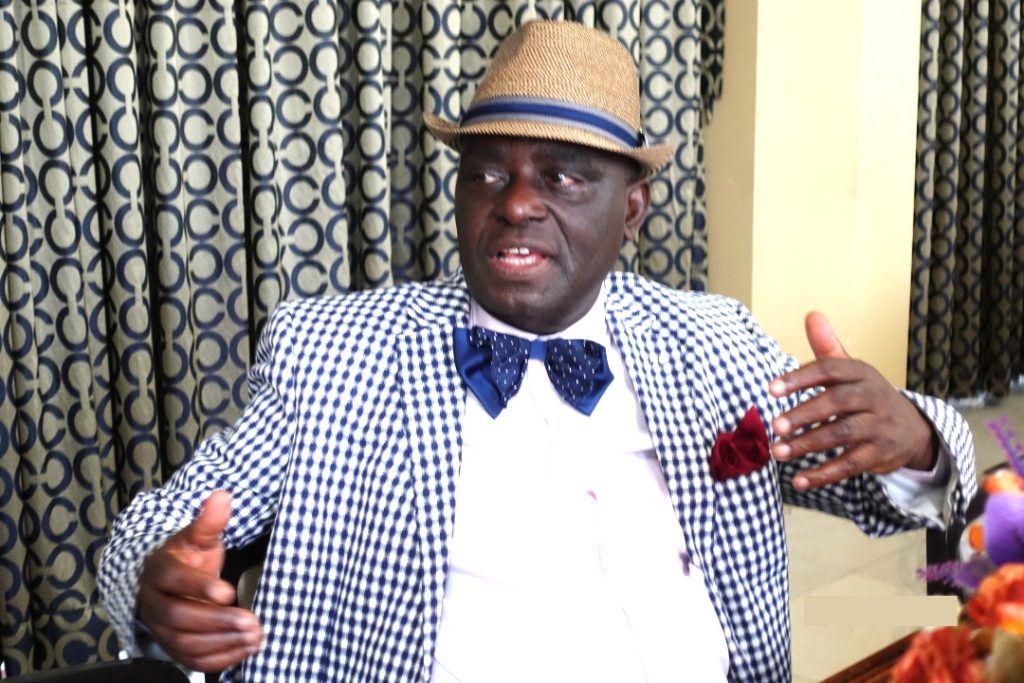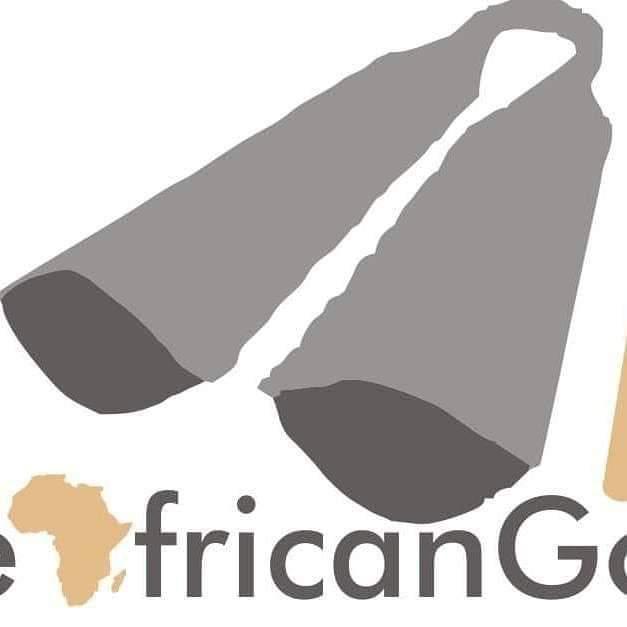
The Chairman of the Nigerian Universities Ranking Advisory Committee (NURAC), Professor Emeritus Peter Okebukola has applauded the ranking of two Nigerian universities among the top 1000 in the 2026 World University Rankings by Times Higher Education (THE) released on Thursday.
The former Executive Secretary of the National Universities Commission, NUC , in a statement in Abuja said that
the two top rankers in 2026 are the University of Ibadan and University of Lagos with both having the same overall range score of 35.5- 38.9.
He noted that the Times Higher Education uses 18 carefully calibrated performance indicators to provide a comprehensive and balanced comparisons, trusted by students, academics, university leaders, industry and governments in ranking universities within its World University Ranking scheme.
He added that other THE ranking schemes are Impact Rankings (where Afe Babalola University, Ado Ekiti has maintained a consistent lead over the years).
According to Okebukola, “Oxford University led the pack, followed by Massachusetts Institute of Technology, Princeton, University of Cambridge, Harvard University and Stanford University.
“Interestingly, Harvard that had maintained a consistent lead in the early years of the ranking, slipped to the fifth position and yielded to Oxford that retains the number one spot for the tenth consecutive year, driven by strong research environment score. Two Nigerian universities were ranked among the top 1000.
“This is an improvement over the 2025 league tables where only one Nigerian university- Covenant University was ranked among the top 1000 and the best in Nigeria. The two top rankers in 2026 are the University of Ibadan and University of Lagos. Both had the same overall range score of 35.5- 38.9,” he stated.

The former Chairman of the govering board of the National Open University of Nigeria NOUN further breakdown of the 2026 rankings, noting that “among the top 1200 universities are Bayero University Kano, Covenant University and Landmark University. The three universities band in the same overall score range of 32.1 – 35.4.
According to him, In 2025, four Nigerian universities were ranked in the 1200 category indicating slight underperformance in 2026. The next ranked in the 1201 and 1500 band are Ahmadu Bello University, Federal University of Technology Minna, University of Ilorin, University of Jos and University of Nigeria Nsukka. Fourteen universities were ranked in the 1500+ category.
These are Babcock University; Delta State University, Abraka; Federal University of Agriculture, Abeokuta; Ekiti State University; Federal University of Agriculture, Akure; Federal University of Technology, Owerri; Federal University, Oye-Ekiti; Ladoke Akintola University; Lagos State University; Nnamdi Azikiwe University; Obafemi Awolowo University; University of Benin; University of Calabar and University of Port Harcourt.
Twenty-six universities are in the reporter category having not achieved the ranking threshold but with potential to be ranked in the future. These are Akwa Ibom State University; Al-Hikmah University; Augustine University; Bamidele Olumilua University of Education, Science and Technology, Ikere-Ekiti; Bauchi State University, Gadau; Bayelsa Medical University; Baze University; Bells University of Technology; Bowen University; Evangel University, Akaeze; Federal University of Lafia; Federal University of Petroleum Resources, Effurun; Fountain University; Godfrey Okoye University; Igbinedion University Okada; Kaduna State University; Lagos State University of Education; Lagos State University of Science and Technology; Lead City University; Maryam Abacha American University of Nigeria; Nasarawa State University, Keffi; Redeemer’s University; Rivers State University; Thomas Adewumi University; University of Cross River State; and University of Delta.

According to Okebukola, universities could be excluded from the World University Rankings if they do not teach undergraduates, or if their research output amounted to fewer than 1,000 relevant publications between 2020 and 2024 (with a minimum of 100 a year).
While giving further insight into the rankings, Okebulola said universities could also be excluded if 80 per cent or more of their research output is exclusively in one of the 11 subject areas of Times Higher Education.
In explaining the scoring for deriving the league tables, Okebukola noted that the 18 performance indicators are aggregated on five core pillars: “Teaching (learning environment) 29.5 %; Research environment 12.5 %; Research quality 30.0 %; International outlook 7.5 %; and Industry (knowledge transfer) 10.5 %. An additional indicator, study abroad, currently carries zero weight but is tracked for possible future inclusion”.
When asked what can be done to improve the performance of Nigerian universities on the Times Higher Education World University Rankings, Okebukola, known as the first to start ranking universities in Africa said “I offer seven strategies. These are (1) Increase investment in research and development: government (for public universities) and proprietors of private universities must prioritise funding for research activities; publish in reputable, well-indexed journals (avoid predatory outlets), co-author internationally (especially with high-impact groups), share data/code (OA boosts citations), and curate “flagship” thematic clusters (malaria, genomics, ed-tech, climate resilience, blue economy) where Nigeria can lead; recruiting and retaining highly qualified academic staff, especially those with PhDs since staff credentials and research activity are core ranking metrics. Addressing staff brain drain and promoting staff professional development will help improve teaching and research standards.
“No. 2 Strengthen infrastructure and resources: Improving laboratory, library, and teaching infrastructure directly supports student learning and staff research output. Financial and physical resources for universities must be scaled up to meet student numbers and research needs.

“No. 3 Enhance international collaboration: Building partnerships with foreign universities, participating in joint research projects, and increasing the number of international students and staff are important for boosting the International Outlook indicator. Fostering academic exchanges, co-authorship, and global conferences increases the visibility and global engagement of Nigerian institutions.
“No. 4 Promote innovation and industry linkages: Establishing collaborative relationships with industries and creating endowment chairs in strong academic programmes can raise industry income and graduate employability indicators. Encourage technology transfer, patent development, and entrepreneurship among students and staff.
“No. 5 Governance reforms: Implementing democratic and effective leadership in university management ensures efficient resource allocation and strategic planning. Continuous gap analysis against higher-ranked institutions, followed by targeted improvements in weak areas.
“No. 6- Improve teaching reputation- Raise global academic visibility in the university’s strongest subjects. Submit accurate staff lists so the right scholars are sampled; nominate external examiners and visiting professors who are visible internationally. Publish “how-we-teach” case studies and pedagogy research in recognised outlets; present at global conferences to put your teaching on the map. Reduce overcrowding through employment of qualified academic staff (PhD + publications).
“No. 7: Implement the 2024-2030 Strategic Plan of NURAC which was developed when Professor Abubakar Adamu Rasheed was Executive Secretary of NUC to ensure that by 2030, at least 10 Nigerian universities make it to the first 800 in global university rankings.
The members of NURAC are Professor Peter Okebukola (chairman); Professor Olanrewaju Adigun Fagbohun, SAN, former Vice Chancellor, Lagos State University and Representative Southwest Zone; Professor Chinedum Nwajiuba, former Vice-Chancellor, Alex Ekwueme Federal University Ndufu-Alike and Representative of Southeast Zone; Professor Joseph Ajienka, former Vice-Chancellor, University of Port Harcourt and Representative of South South Zone; Professor Jibrila Dahiru Amin, former Vice-Chancellor, University of Maiduguri and Representative Northeast Zone; Professor Muhammad Yahuza Bello, former Vice-Chancellor, Bayero University Kano and Representative Northwest Zone; Professor Angela Miri, former Vice-Chancellor, Federal University, Lokoja Representative of North Central Zone; late Professor Emeritus Nimi Briggs, OON former Vice-Chancellor, University of Port Harcourt and Chairman Committee of Pro-Chancellors of Nigerian Universities- representative of STRADVCOM; and Dr. Biodun Saliu- Representative of ES-NUC.

Happily, the new chairman of the NUC Board, Professor Emeritus Olu Aina, a highly distinguished and well- published scholar and highly experienced higher education administrator as well as the Executive Secretary of NUC, Professor Abdullahi Ribadu, a highly motivated and two-time vice-Chancellor are very eager to take the Nigerian university system to greater heights.
End

